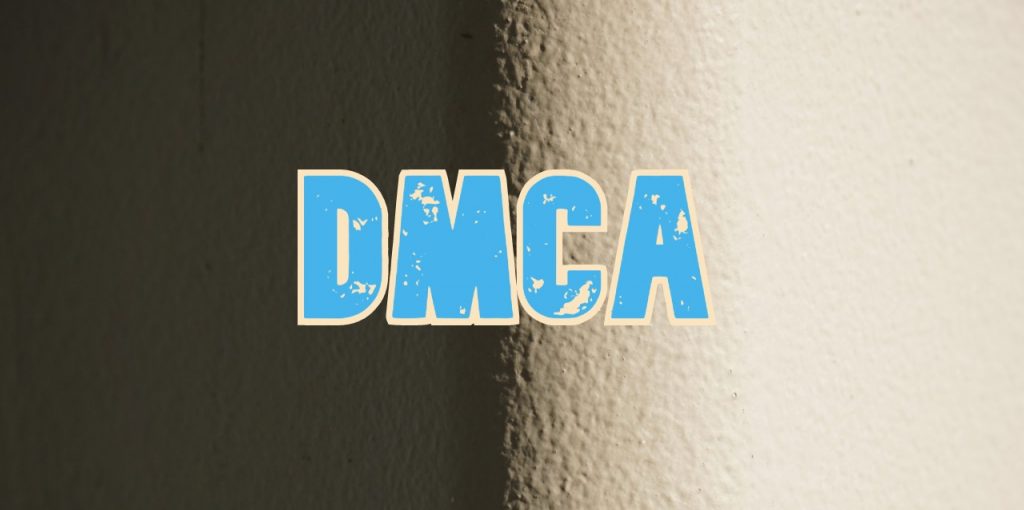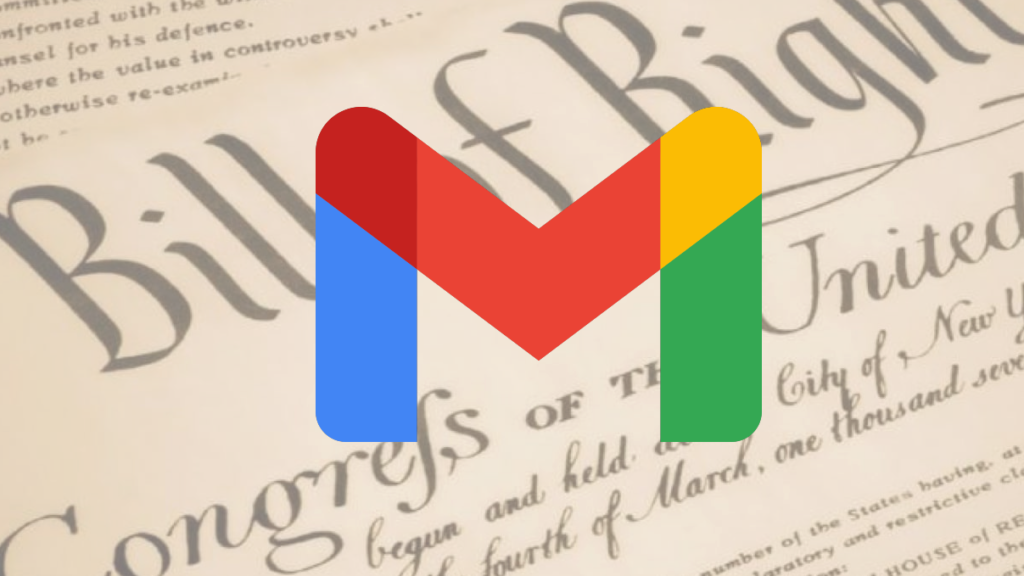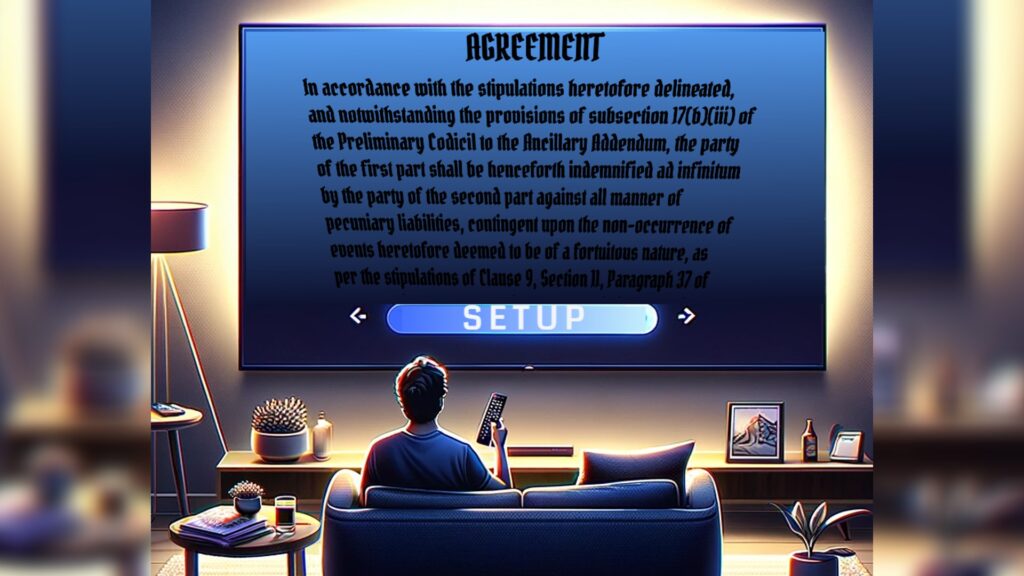
Plaintiff illustrator (known for his works involving fish) sued defendant print-on-demand online platform operators for copyright infringement. Defendants’ platform enabled third parties to upload designs that could be printed on items such as t-shirts, mugs and tumblers. Plaintiff alleged that four of his works had been uploaded to the platform and had been printed on goods without plaintiff’s authorization.
Defendants moved to dismiss, arguing that defendants were neither directly nor secondarily liable for any alleged infringement. The magistrate judge submitted a report and recommendation that the matter be dismissed. Plaintiff objected to the magistrate judge’s report and recommendation. The district court overruled the objections and granted the motion to dismiss.
No liability for direct copyright infringement
The court examined the question of defendants’ alleged volitional conduct and its relation to a claim for direct liability for infringement. The magistrate judge had found that plaintiff failed to adequately allege that defendants had engaged in volitional conduct required to pin liability on defendants for infringements occasioned by defendants’ platform’s third party users. The court agreed that an allegation that defendants merely displayed plaintiff’s copyright-protected works did not plausibly suggest that defendants knew the work was protected by copyright. Moreover, plaintiff did not, for example, allege that defendants designed, manufactured or even selected the products on their website.
No liability for secondary copyright infringement
As for secondary liability for copyright infringement, plaintiff had objected to the magistrate judge’s determination of the question at the motion to dismiss stage. But the court rejected this objection to the magistrate judge’s report and recommendation. The court agreed with the magistrate judge’s determination that plaintiff failed to state a valid contributory infringement claim because he did not allege that defendants induced the third-party infringers; and he failed to state a valid secondary liability claim because he did not allege defendants “declined” to stop or limit third parties from infringing. It appears plaintiff sought to limit any application of these secondary liability elements to questions arising under the safe harbors of the Digital Millennium Copyright Act (“DMCA”). But the court found that plaintiff conflated the DMCA and general theories of copyright infringement liability.
Tomelleri v. Sunfrog, LLC, 2024 WL 940238 (E.D. Michigan, March 5, 2024)
See also:






